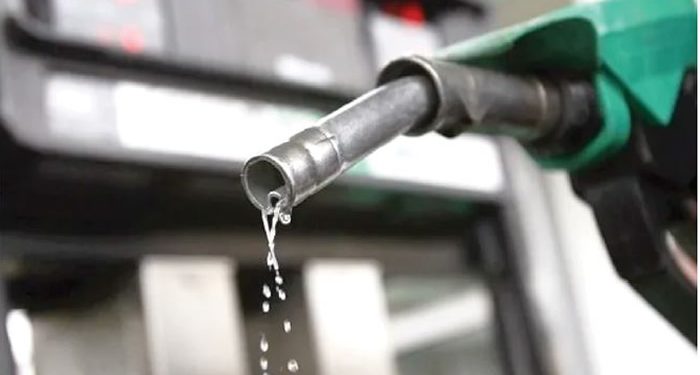Nigeria is spearheading efforts to establish a regional pricing benchmark for refined petroleum products across West Africa. The initiative, announced at the just-concluded West African Refined Fuel Conference in Abuja, aims to create a unified and transparent fuel market that reflects local realities rather than international pricing models.
The two-day conference, held from July 22–23, 2025, was organized by the Nigerian Midstream and Downstream Petroleum Regulatory Authority (NMDPRA) in collaboration with S&P Global Commodity Insights. It brought together energy stakeholders to address pressing issues such as pricing harmonization, data transparency, regional refining capacity, and the standardization of fuel quality across countries.
According to the NMDPRA, West Africa’s refining capacity has grown to 1.365 million barrels per day (bpd), with a projected increase of 1.2 million bpd by 2030. Nigeria alone produces 31% of the region’s refined fuel, a figure expected to rise significantly with the full operationalization of the 650,000 bpd Dangote Refinery.
Speaking at the event, Minister of State for Petroleum Resources (Oil), Senator Heineken Lokpobiri, stated that Nigeria is well-positioned to become the region’s leading supplier of refined fuel. “With production rising from 1 million bpd in 2023 to 1.8 million bpd today, Nigeria is now better equipped to meet local and regional demand,” he said. He also stressed the ongoing importance of oil and gas in powering Africa’s economies, even amid global energy transitions.
Farouk Ahmed, Chief Executive of NMDPRA, said the proposed pricing model was specifically tailored to meet Africa’s market needs. “This framework will not only enhance price transparency but also improve investor confidence, optimize supply chains, and foster fairer fuel trading,” Ahmed noted.
The regional pricing benchmark will enable fuel prices for petrol, diesel, aviation fuel, and liquefied petroleum gas (LPG) to be based on real-time West African market dynamics rather than international references from Europe, the US, or the Middle East.
Currently, disparities in fuel prices across West Africa are wide. Nigeria, supported by its growing domestic refining capacity, offers the lowest petrol price in the region, around $0.55 (N870) per litre. In contrast, countries like Ghana, Sierra Leone, and Mali pay up to N3,600 per litre due to import dependency and the lack of regional fuel standardization.
Aliko Dangote, Chairman of the Dangote Refinery, lamented that inconsistent fuel specifications across countries have prevented the sale of Nigerian-refined products in neighboring markets like Cameroon and Ghana, despite similar infrastructure and vehicle standards.
In response, the NNPC Limited and other regional stakeholders are calling for a continent-wide approach that promotes integrated infrastructure, harmonized policies, and shared markets. The newly proposed pricing system is expected to stimulate growth in fuel storage, logistics, and transportation, while also creating new opportunities for energy entrepreneurs.
The roadmap is part of broader plans to expand clean energy capacity, including the addition of 948 MW of renewable power for rural electrification and 100 MW of clean energy installations across 37 federal universities and seven teaching hospitals in Nigeria.
With the backing of NMDPRA, NNPC, and key industry players, Nigeria’s push to lead regional energy market integration could mark a turning point for West Africa’s fuel economy—placing the continent firmly on the path to energy self-reliance and sustainability.










